$499
5 Stars
Ralph Brayham’s Kiwi RCM signals the end of grubby vinyl as we know it.
Creating audio products that combine effectiveness with value is nothing new, but in NZ the HiFi market is a boutique one and targeted towards the higher end. Bucking that trend is Inventor/investor and dedicated vinyl buff Ralph Brayham – he’s a director of Real Groovy Records in Auckland and knows a thing or two about vinyl and how to handle it. As a retailer specialising in imported second hand records (container loads of ‘em), the staff at the shop have to take each disc out of the cover, inspect it for damage and give it a damn good clean. Ralph’s staff were using a Nitty Gritty machine until he had a ‘Eureka’ moment and decided to design one for himself.
After a lot of trial and error, various prototypes and dead-end tangents, he has finally put the finishing touches on his affordable powered RCM. Ralph has decided to market the machine and produce it for sale, and going by the results I’ve had (esp considering the hugely attractive price) I’d say he’s created a winner.
It’s a sturdy design crafted in white and clear acrylic – just the ticket for those Mac vinyl hounds amongst us, and apart from either making or buying some cleaning solution and distilled water, all that’s needed from the user is to supply his/her own vacuum cleaner.
I’ve had the Kiwi RCM at my home on trial for a couple of weeks now and have cleaned roughly a quarter of my collection (250 albums), so I’ve got to grips with the way it works and its effectiveness. Suffice to say the Kiwi RCM is a real eye-opener in terms of the results I’ve been getting, and those with even modest collections should really have a serious think about investing in one.
You see, anything remotely this good costs well over a grand here in NZ, the only alternatives being the manual ‘spin it yourself’ type cleaners which are fine, but don’t combine rotation with suction – a more efficient and effective process.
That’s where the Kiwi RCM comes in: it has a grunty 17rpm motor and combined with the suction from my vacuum cleaner, did a much better job at extracting gunk from the grooves than my Knosti AntiStat. Now that’s not to say the Knosti is a waste of time of course, but records cleaned with this product and then played still produced the odd crackle and pop.
I took them off immediately and cleaned them on the Kiwi RCM – once played again there was hardly any surface noise whatsoever. That’s after two cleans admittedly, but I definitely noticed better cleaning comparing both on discs with a similar amount of grime on them (double LP’s like ELO’s Out Of The Blue for instance were used to check the effectiveness of both the Knosti and the Kiwi RCM and then compared).
One aspect of vacuum assisted cleaning: the suction really does remove just about all the moisture from the vinyl, and because the disc lays flat I didn’t see any streaking effects on the vinyl or water marks on the record label. Also the adjustable vent on the clear gunk collecting tank means you can attenuate (love that word) the amount of suction required depending on the strength of your Hoover.
Watch this!
Creating a home grown record cleaning machine is one thing, but retailing it at just under $500 is another. The Kiwi RCM should be a mandatory acquisition for those keen on keeping their vinyl in good nick
http://kiwircm.co.nz/
http://witchdoctor.co.nz/index.php/2011/01/kiwi-record-cleaner-hits-the-market

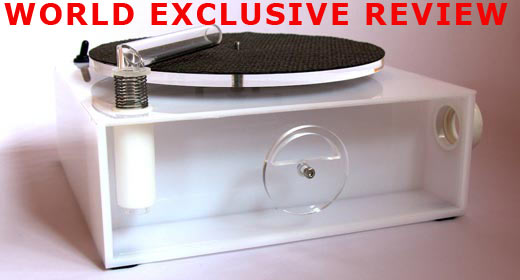
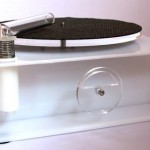


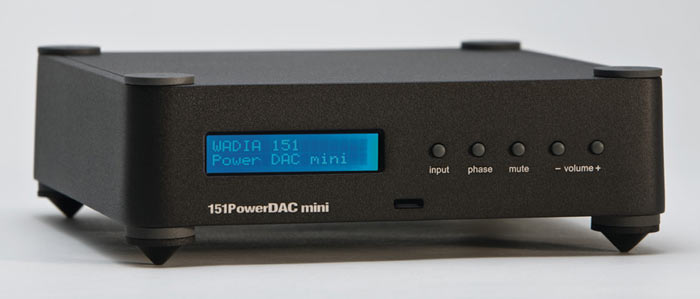


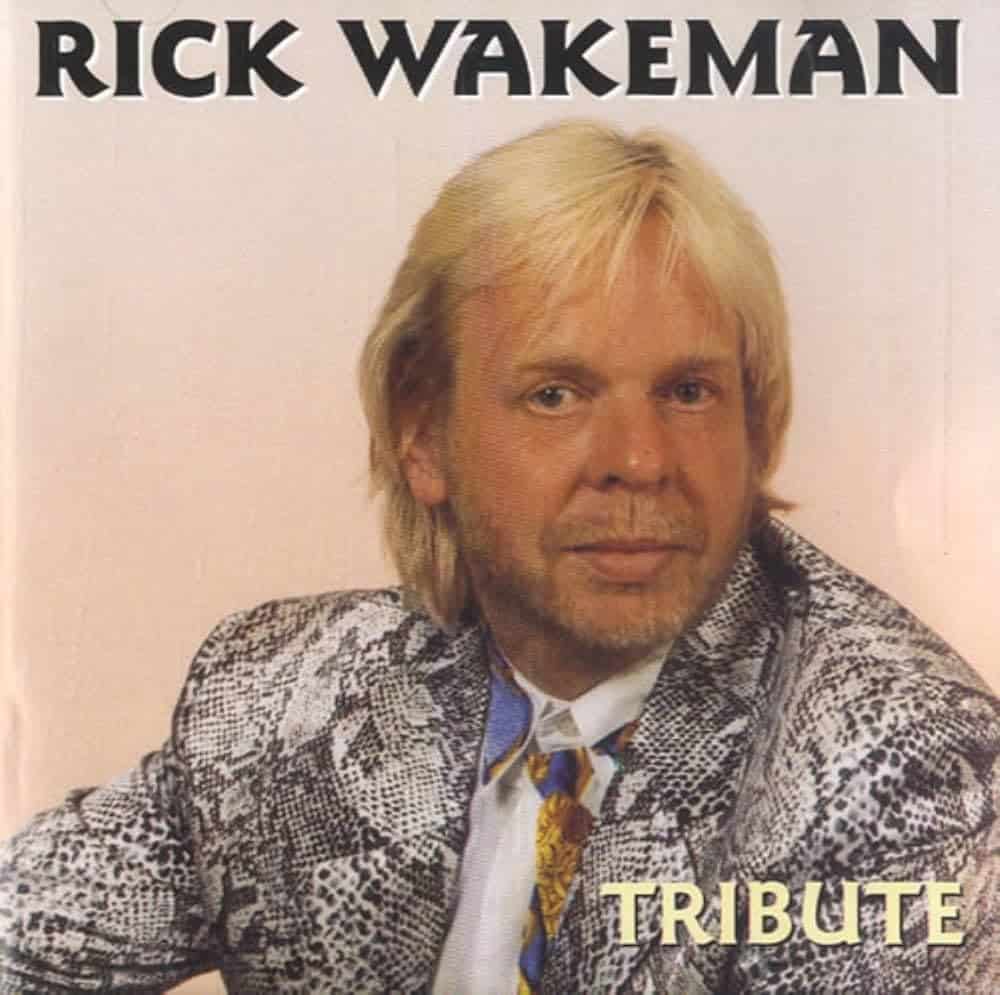
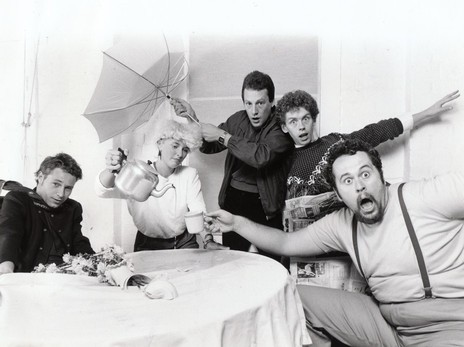



Before I get stick from anyone, yes I like ELO – especially that album. But I simply hate ‘Don’t Bring Me Down’.
Guilty pleasures…
the vacuum tube arrangement looks like the vpi one, any patent problems ?
Hi Steve – I asked the KiwiRCM manufacturer your question, he actually contacted VPI with the same question and it was all ok. In fact he asked them if he could purchase the wand directly from them and was told ‘you’d be better off making them in NZ yourself’.
The fact is many RCM manufacturers use a similar arrangement (VPI/Okki Nokki/Amari etc), and Ralph did a check of existing patents and came up blank.
Buyers should therefore purchase in full confidence!
Hi folks,
Ralph Brayham here. Gary I think I confused you when we spoke earlier today. I have not contacted VPI – I did mention I considered contacting them but decided to build my own wands. I looked at a number of different RCMs a years ago when I wanted to buy one, way before I decided to build these, and found they were all way too expensive. There are a number of RCMs that use a wand style suction tube – VPI, Moth, Okkinokki, and others. I have spent some time looking at patents online and can’t find anything that is consistent with the KiwiRCM.
Certainly the adjustable vacuum vent, and the suction tube swing limiter are unlike anything on the market today.
Kind regards
Ralph
Thanks for the correction Ralph (a warning to those conducting interviews whilst driving – bluetooth kits don’t allow you to write things down)!
I’m just starting to up my game with my vinyl, and I have stacks of oldish discs that could use a good clean… This tempts me 🙂
So, how does it stack up against the Spin Clean? Looking over the instructions for both, it almost seems like there could be an advantage to using the two in tandem – the Spin Clean to loosen the dirt, and the WRCM to remove it. Is there any merit to doing it that way, or am I better off with one or the other? 🙂
Hi Mike
I’d say that the RCM will almost certainly do a better overall job than the Spin Clean, but on particularly dirty records, there would be a better result by using both (Spin Clean first). In fact, there was a recent review of the Disco Antistat in HiFi World magazine (I think) and using the manual cleaner before a record cleaning machine made a noticeable difference.
When I collected LPs the only real cleaning machine on the market was the Keith Monks. See http://www.analogueseduction.net/keith-monks/keith-monks-discovery-one-classic-record-cleaning-machine.html where you will see it wouldn’t cost me a mere grand. £1,695 is NZ$4,156.36 at today’s terrible exchange rate.
What is the website you need to go on to be able to order the kiwi RCM.
thanks